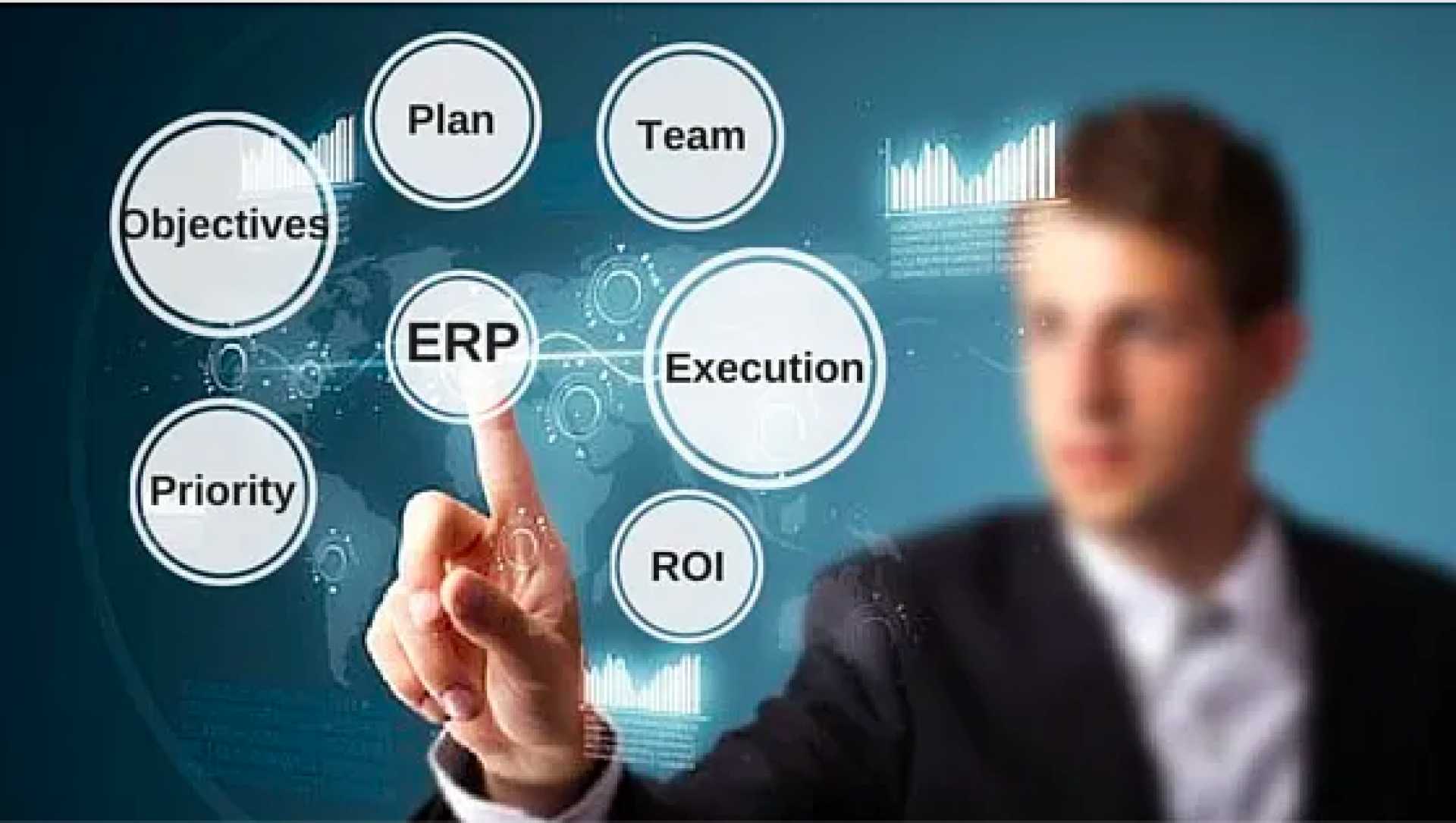Decoding ERP Implementations: A Deep Dive into the Technical Landscape

In the realm of enterprise-level operations, the implementation of an Enterprise Resource Planning (ERP) system marks a pivotal juncture. From managing complex business processes to integrating data across departments, ERP implementations hold the promise of streamlined efficiency. However, beneath the surface, lies a technical journey that demands meticulous planning, precise execution, and a comprehensive understanding of the technical landscape. In this blog, we'll embark on a technical exploration of ERP implementations, uncovering the intricacies that drive successful integration.
Peering into the Technical Complexity of ERP Implementations
-
System Integration: ERP implementations require seamless integration with existing systems, ranging from accounting software to inventory management tools. This integration demands careful consideration of data formats, protocols, and APIs to ensure smooth data flow.
-
Data Migration: Transferring data from legacy systems to the new ERP platform is a critical undertaking. Data migration involves mapping data structures, ensuring data integrity, and establishing procedures for error handling and validation.
-
Customization: Tailoring the ERP system to align with your organization's unique processes often requires customization. This involves coding modifications to the ERP software to meet specific workflow requirements.
-
Security Protocols: Protecting sensitive business data is paramount. Implementing robust security measures, including encryption, access controls, and authentication mechanisms, safeguards data from unauthorized access and cyber threats.
-
Performance Optimization: As ERP systems handle vast amounts of data and transactions, optimizing performance is essential. This includes database indexing, query optimization, and load balancing to ensure optimal system responsiveness.
-
Scalability: The ERP system must be designed to accommodate future growth. Scalability involves architecting the system in a way that allows it to handle increased user loads and data volumes without performance degradation.
Technical Strategies for Successful ERP Implementations
-
Architecture Design: Create a robust architectural design that considers factors such as data flow, system components, and integration points. This design serves as a blueprint for the implementation process.
-
Test-Driven Approach: Utilize a test-driven approach to ensure that each module and component of the ERP system functions as intended. This involves writing tests before developing the actual code.
-
Data Mapping and Transformation: Devote meticulous attention to data mapping and transformation during data migration. This ensures that data is accurately translated from existing systems to the new ERP structure.
-
Version Control: Implement version control systems to track changes to the ERP software codebase. This helps in managing collaboration among developers and maintaining a history of modifications.
Mitigating Technical Challenges in ERP Implementations
-
Thorough Documentation: Document every aspect of the technical implementation process, including architecture, data mappings, and custom code. This documentation aids in troubleshooting and knowledge transfer.
-
Continuous Monitoring: Implement monitoring tools to keep a watchful eye on system performance, data integrity, and security vulnerabilities post-implementation.
Conclusion: Where Technology Meets Transformation
ERP implementations represent the convergence of technology and transformation. As your organization embarks on this technical journey, remember that success lies not only in code and configurations but in the alignment of technology with your business objectives. By delving into the technical intricacies, planning meticulously, and following best practices, you pave the way for a seamless ERP implementation that empowers your organization to thrive in an era of efficient operations and data-driven decision-making.
Techolony is an IT Professional Services company that specialises in the delivery of projects and people). If any of the content you have read resonates with you and you'd like to arrange a no-obligation chat, then book an appointment with one of our consulting team.
We look forward to speaking to you!

 Change
Change
 Associate Members
Associate Members